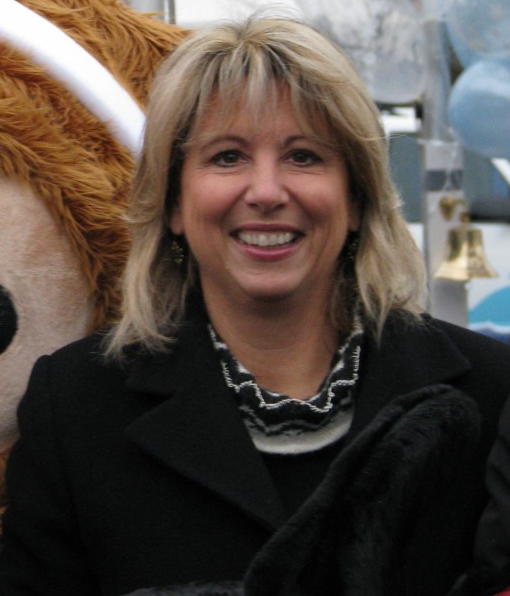Canada News
BC Liberal leadership candidates debate rural development, opioid crisis
PRINCE GEORGE, B.C. — BC Liberal leadership hopefuls touted their ideas for bolstering the resource sector and tackling the province’s opioid overdose crisis in an appeal to northern voters during Saturday’s debate in Prince George, B.C.
Mike de Jong, Dianne Watts, Michael Lee and Andrew Wilkinson were critical of the current NDP government consideration to cancel the controversial Site C dam project that is already under construction.
A recent utilities commission report found the project will likely be behind schedule and over budget, but candidates said cancelling it would result in job losses in rural communities and discourage the development of future infrastructure projects.
Watts said Premier John Horgan “is sending a message globally that we do not want business in British Columbia and even if you have a project that is approved, you’re not going to get it through anyway so why would anyone come here and want to invest.”
Former transportation minister Todd Stone said rural communities are worried about the effects of new U.S. tariffs on the softwood lumber industry and encouraging the tech sector to set up in rural areas would bring jobs that support resource industries.
Stone and former Liberal cabinet ministers Wilkinson and de Jong said they would invest in an engineering program at the University of Northern B.C. and expand other education and health services in rural communities — promises made ahead of the last election.
“We have to acknowledge that a tremendous amount of the wealth that is generated in this province is generated up here in the north, and so we need to make sure some of that wealth is coming back in the form of services people need,” Stone said.
De Jong said he’d move the forest ministry to Prince George from Victoria where officials can be closer to the people they directly affect.
Sam Sullivan, a former Vancouver mayor, said the opioid overdose crisis is no longer only an urban issue and health care services need to be flexible to adapt to the needs of rural and remote communities.
Wilkinson promised to establish a prescription monitoring program for the government to track legal narcotics use and have interventions in place for when patients are on addictive substances for too long.
“Somebody has got to step in and say you’re on the wrong path because we cannot allow our young men to continue to die from fentanyl overdoses in their own homes,” he said.
Candidates also warned the party’s next leader must deliver a campaign strong enough to defeat the NDP’s proposed referendum on proportional representation, a model that Watts says would prevent the Liberals from ever holding another majority government.
She said party members need to have two questions for the future Liberal leader: “Can you win the next election and can you defeat the referendum on proportional representation? If we do not defeat this referendum, there will be no majority, there will be forever a minority of BC Liberals.”
There are four more debates scheduled across the province before members elect a new leader in February.























WayneSmith
November 7, 2017 at 12:50 AM
Why exactly would we think it a good idea for one political party, Liberal or NDP, to have 100% of the power, especially when they have 40% or less of the votes? Proportional representation means that government can do nothing without the support of a majority of the voters. That’s called democracy.